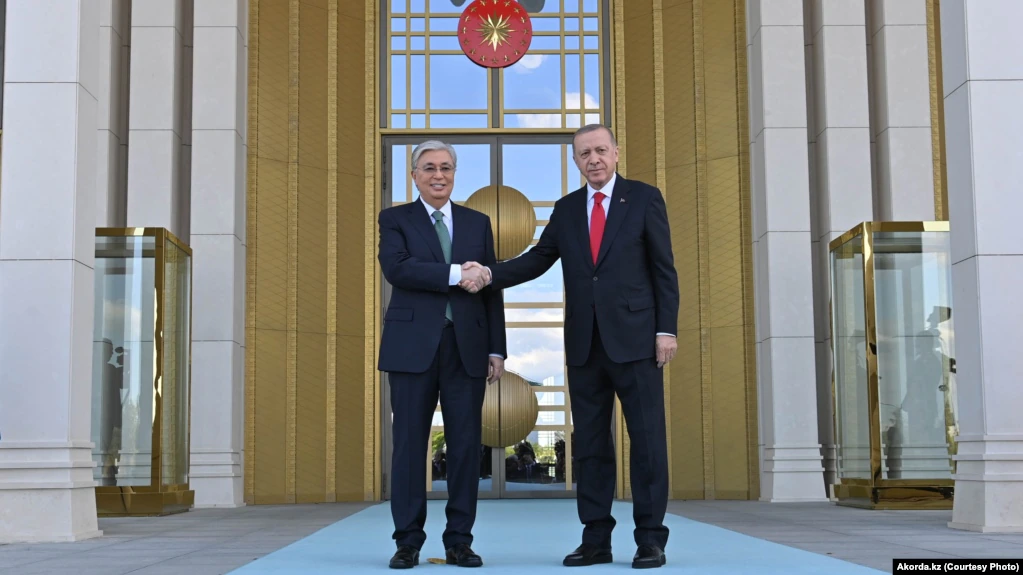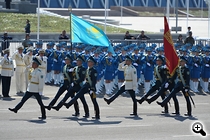 On February 3, 2016, Kazakhstan's president Nursultan Nazarbayev made a symbolically powerful decree on how Kazakh soldiers should march during military parades. The abolition of the Soviet goose step formation, utilized by Russia, was a striking display of the Kazakh military's increasingly independent identity. As Georgia in 2007 and Estonia in 2008 abolished the formation during periods of tense relations with Russia, Nazarbayev's decision raised fresh questions about the strength of the long-standing Russia-Kazakhstan partnership.
On February 3, 2016, Kazakhstan's president Nursultan Nazarbayev made a symbolically powerful decree on how Kazakh soldiers should march during military parades. The abolition of the Soviet goose step formation, utilized by Russia, was a striking display of the Kazakh military's increasingly independent identity. As Georgia in 2007 and Estonia in 2008 abolished the formation during periods of tense relations with Russia, Nazarbayev's decision raised fresh questions about the strength of the long-standing Russia-Kazakhstan partnership.
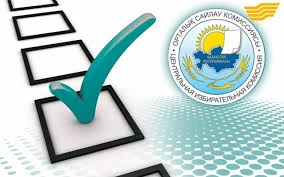 In many democratic systems, holding legislative elections amid spiraling inflation, a rapidly depreciating currency, sharp contractions in government expenditure and reports of job losses and delayed wages usually spells trouble for a governing party.
In many democratic systems, holding legislative elections amid spiraling inflation, a rapidly depreciating currency, sharp contractions in government expenditure and reports of job losses and delayed wages usually spells trouble for a governing party.


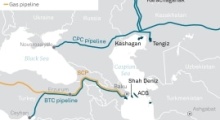

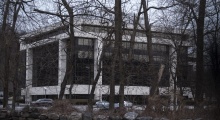
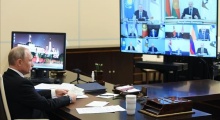

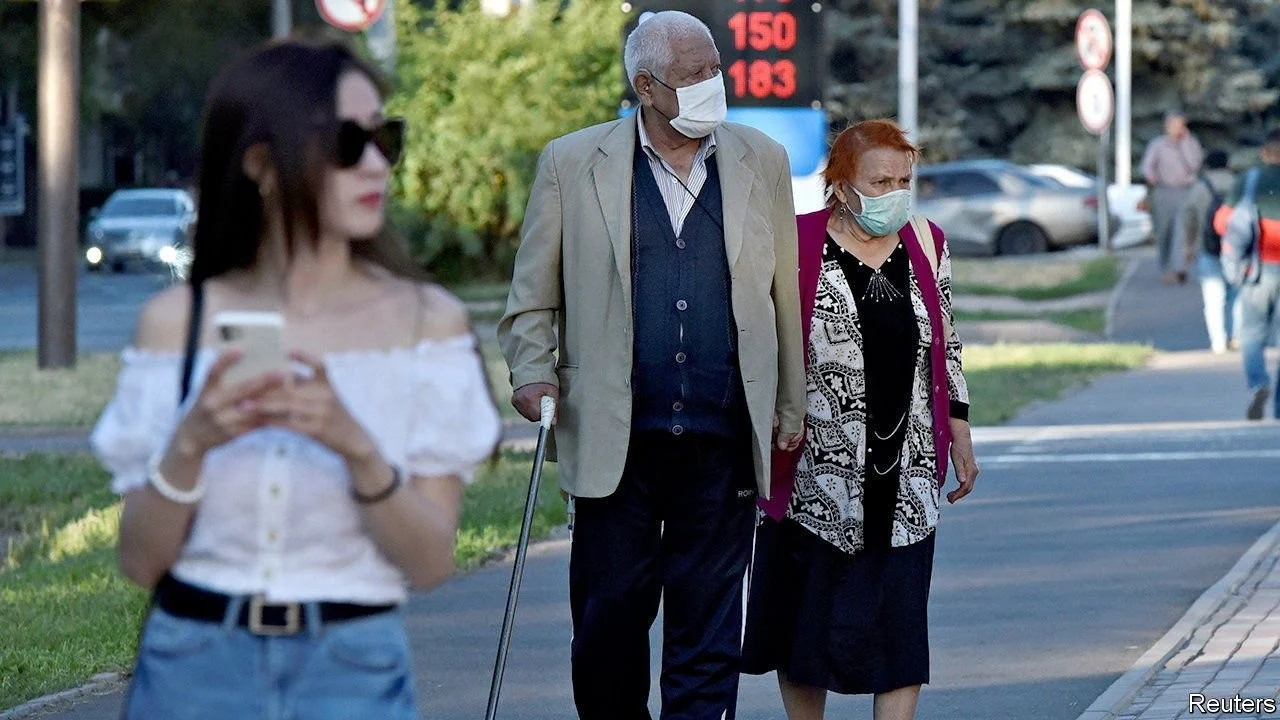
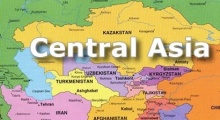
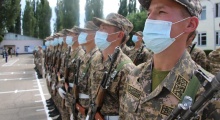

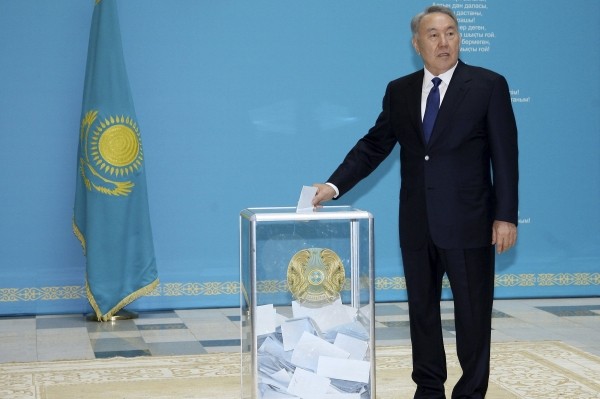 Standing against the current president of Kazakhstan could not, by any measure, be considered a good career move.
Standing against the current president of Kazakhstan could not, by any measure, be considered a good career move. In the city of Kostanay in northern Kazakhstan, the ribbon of St George, a black-and-orange symbol of resurgent Russian patriotism that was adopted by separatists in Ukraine, hangs from every second car's rear-view mirror.
In the city of Kostanay in northern Kazakhstan, the ribbon of St George, a black-and-orange symbol of resurgent Russian patriotism that was adopted by separatists in Ukraine, hangs from every second car's rear-view mirror.
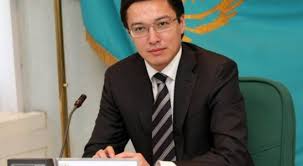 After a precipitous plunge over many months, Kazakhstan’s embattled currency has gained ground in recent weeks.
After a precipitous plunge over many months, Kazakhstan’s embattled currency has gained ground in recent weeks.
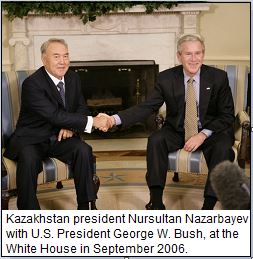 Fourteen years have passed since the newsroom Irina Petrushova ran in Kazakhstan was firebombed - shortly after she found the corpse of a decapitated dog at the office and its head outside her house - but threats against the journalist remain ongoing.
Fourteen years have passed since the newsroom Irina Petrushova ran in Kazakhstan was firebombed - shortly after she found the corpse of a decapitated dog at the office and its head outside her house - but threats against the journalist remain ongoing.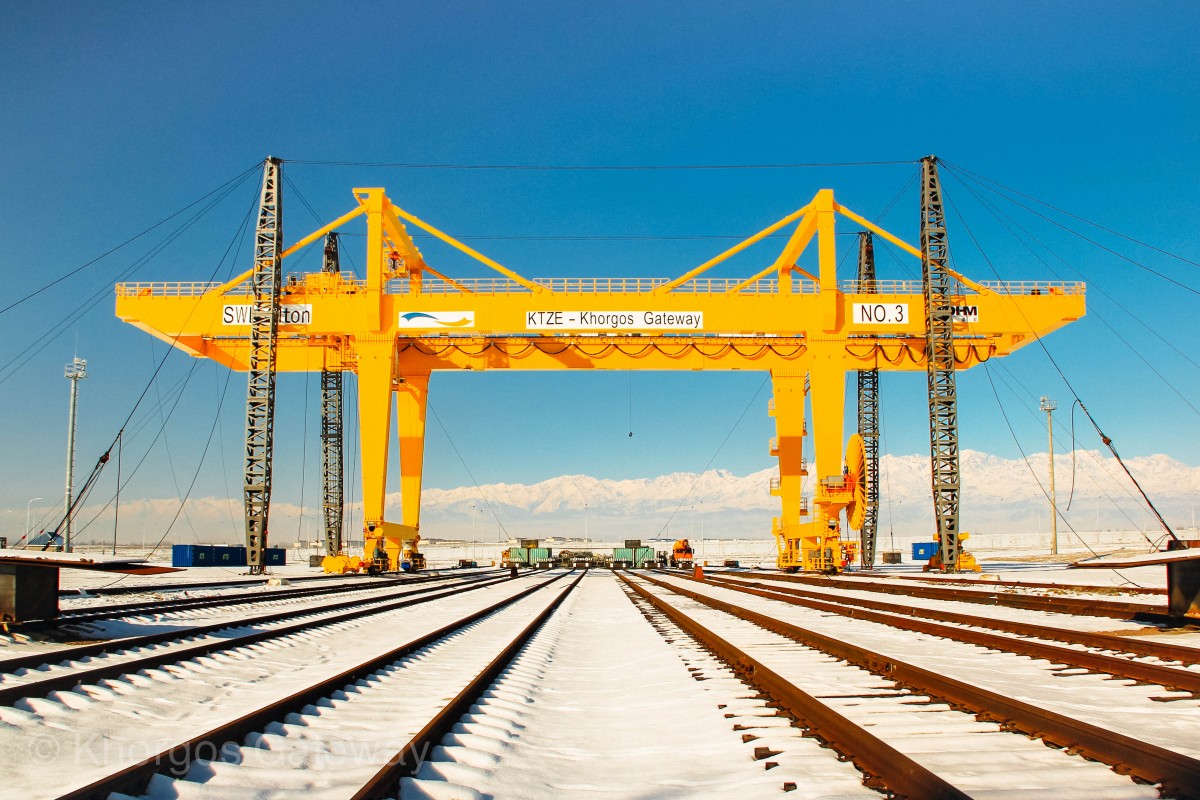 In the far east of Kazakhstan, right on the Chinese border, in a place that is ringed by mountains and flanked by deserts, a massive new epicenter of trade is rising up from an empty expanse of parched dunes.
In the far east of Kazakhstan, right on the Chinese border, in a place that is ringed by mountains and flanked by deserts, a massive new epicenter of trade is rising up from an empty expanse of parched dunes.



